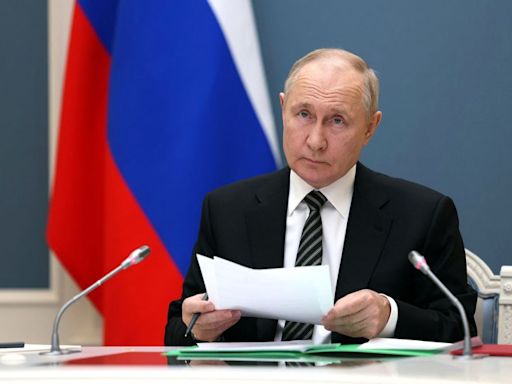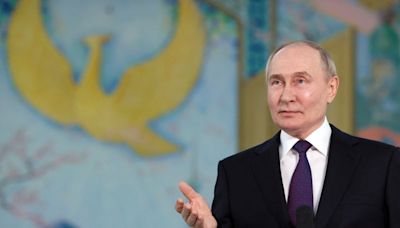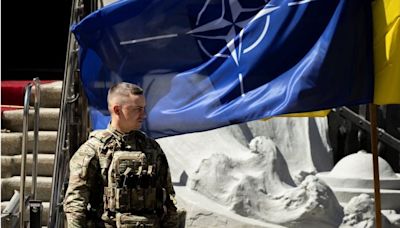Search results
NATO or CSTO member nuclear weapons sharing states ( Belgium, Germany, Italy, Netherlands, Turkey, Belarus) States formerly possessing nuclear weapons ( Kazakhstan, South Africa, Ukraine) Eight sovereign states have publicly announced successful detonation of nuclear weapons. [1] .
- NATO’s Nuclear Deterrence Policy
- Nuclear Consultation
- The Role of NATO’s Nuclear Forces
- Evolution of NATO’s Nuclear Policy
The fundamental purpose of NATO’s nuclear capability is to preserve peace, prevent coercion and deter aggression. As long as nuclear weapons exist, NATO will remain a nuclear alliance. NATO’s goal is a safer world for all; the Alliance seeks to create the security environment for a world without nuclear weapons. NATO’s current nuclear policy is bas...
The key principles of NATO’s nuclear policy are established by all NATO Heads of State and Government. The development and implementation of NATO’s nuclear policy are the responsibility of the Nuclear Planning Group (NPG). The NPG provides the forum for consultation on all issues that relate to NATO nuclear deterrence. All Allies – with the excepti...
The fundamental purpose of NATO’s nuclear forces is for deterrence. Nuclear weapons are unique and the circumstances under which NATO might have to use nuclear weapons are extremely remote. Furthermore, any employment of nuclear weapons against NATO would fundamentally alter the nature of a conflict. Should the fundamental security of any NATO Ally...
Nuclear deterrence has been at the core of NATO’s mutual security guarantee and collective defence since the creation of the Alliance in 1949. The very first NATO Strategic Concept (1949) referenced the requirement to “ensure the ability to carry out strategic bombing promptly by all means possible with all types of weapons without exception.” The ...
Mar 30, 2023 · Today, U.S. tactical nuclear weapons remain at six bases in five NATO member countries, Belgium, Germany, Italy, the Netherlands, and Turkey. The UK and France have their own nuclear...
Apr 1, 2022 · About half of the roughly 200 U.S. shorter-range weapons are believed to be deployed in five NATO countries in Europe: Belgium, Germany, Italy, the Netherlands and Turkey – though the U.S....
Three NATO members - the United States, France and the United Kingdom – are nuclear weapons states. Their strategic nuclear forces, particularly those of the United States, are the supreme guarantee of the Alliance’s security. The independent strategic nuclear forces of the United Kingdom and France have a deterrent role of their own and ...
Nuclear sharing is a concept in NATO's policy of nuclear deterrence, which allows member countries without nuclear weapons of their own to participate in the planning for the use of nuclear weapons by NATO. In particular, it provides for involvement of the armed forces of those countries in delivering nuclear weapons in the event of their use.
Last updated: 28 Apr. 2021 15:05. Jessica Cox, Director of Nuclear Policy, explains NATO’s nuclear deterrence measures. Since NATO was founded more than 70 years ago, nuclear weapons have been the foundation of the Alliance’s collective security. Today, nuclear threats have not gone away.



